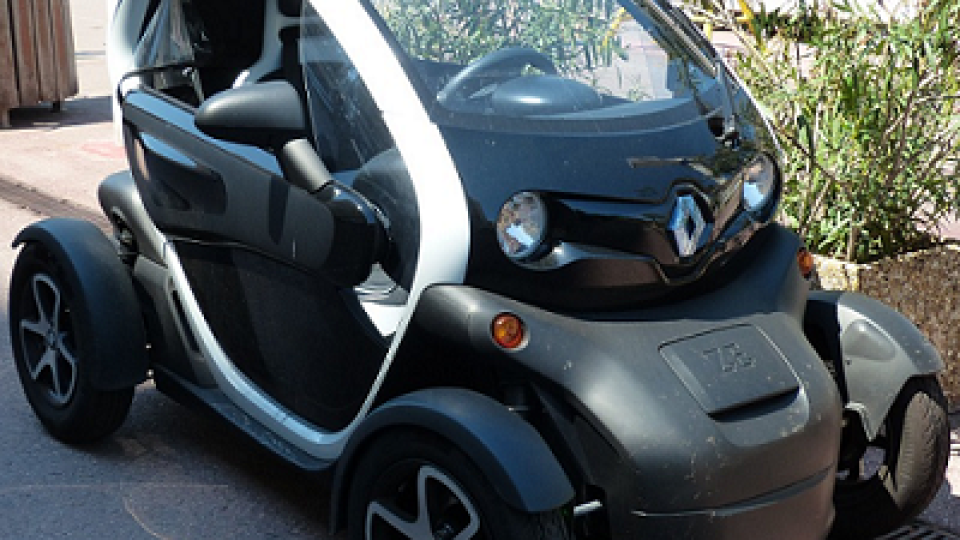by TINTSWALO BALOYI
JOHANNESBURG, (CAJ News) – THE efficient solutions introduced by the private and public enterprises are poised to address several factors hampering the takeoff of South Africa’s electric vehicle (EV) market.
Such hindrances include high upfront costs, limited availability of EV models and a lack of charging infrastructure.
Tim Reynolds, General Manager of Servest Technical Solutions, noted that this was changing as enterprises devised solutions and to add value to the market’s future, more companies are developing solar-powered EV charging stations, in light of the country’s unique electricity supply constraints.
He quoted recent data collected by the National Association of Automobile Manufacturers of South Africa (NAAMSA), showing that 3 092 New Energy Vehicles (NEVs) were sold in South Africa in the first three quarters of 2022, compared with 896 during the same period in 2021.
“Several key aspects of this growth have been attributed to the evolution of electric vehicle technology, including charging stations,” Reynolds said.
He said as the world continues to focus on reducing carbon emissions and transitioning to more sustainable transportation solutions, the demand for EVs is expected to grow rapidly in the coming years.
The growing electric vehicle market in South Africa has not only attracted major players like Audi and Rubicon, but it also presents opportunities for Servest, as well as other industry players.
Servest has been providing electric vehicle charging stations for the past five years, and believes while the market uptake for electric vehicles in South Africa has been slow, there was now seeing a significant shift.
Servest has been supplying and installing one of the world’s leading brands of electric vehicle charging stations – CIRCARLIFE – which provides a comprehensive range of equipment to service all the needs of the EV market.
In addition to intelligent recharging systems for urban usage, car park charging systems, fast charging systems at electric stations, and intelligent recharging systems at home, there are intelligent recharging systems.
Reynolds noted Eskom’s inconsistent electricity provision had always hampered the growth of the EV market in South Africa, with motorists reluctant to purchase EVs due to inconsistent electricity supply.
To address this, in February 2023, Eskom announced it would play a major role in supporting the development of the EV sector in the country.
Furthermore, the power utility plans to replace its entire fleet of conventional vehicles with electric vehicles by 2040.
Eskom is introducing 13 000 EVs, both utility and passenger, to its fleet of vehicles.
The power utility has joined the list of local sponsors for the E-Fest with an R2,1 million sponsorship.
Reynolds projected the move towards EV charging infrastructure will contribute to the growth of the overall EV market in South Africa.
He believes there is an opportunity for Servest to grow the number of its charging stations, as the adoption of EVs will increase.
“As the demand for EV charging infrastructure continues to rise, we have no doubt that we will also see a good market response to this evolving market; and in turn, even more opportunities for facilities management companies already playing in this space.”
– CAJ News

